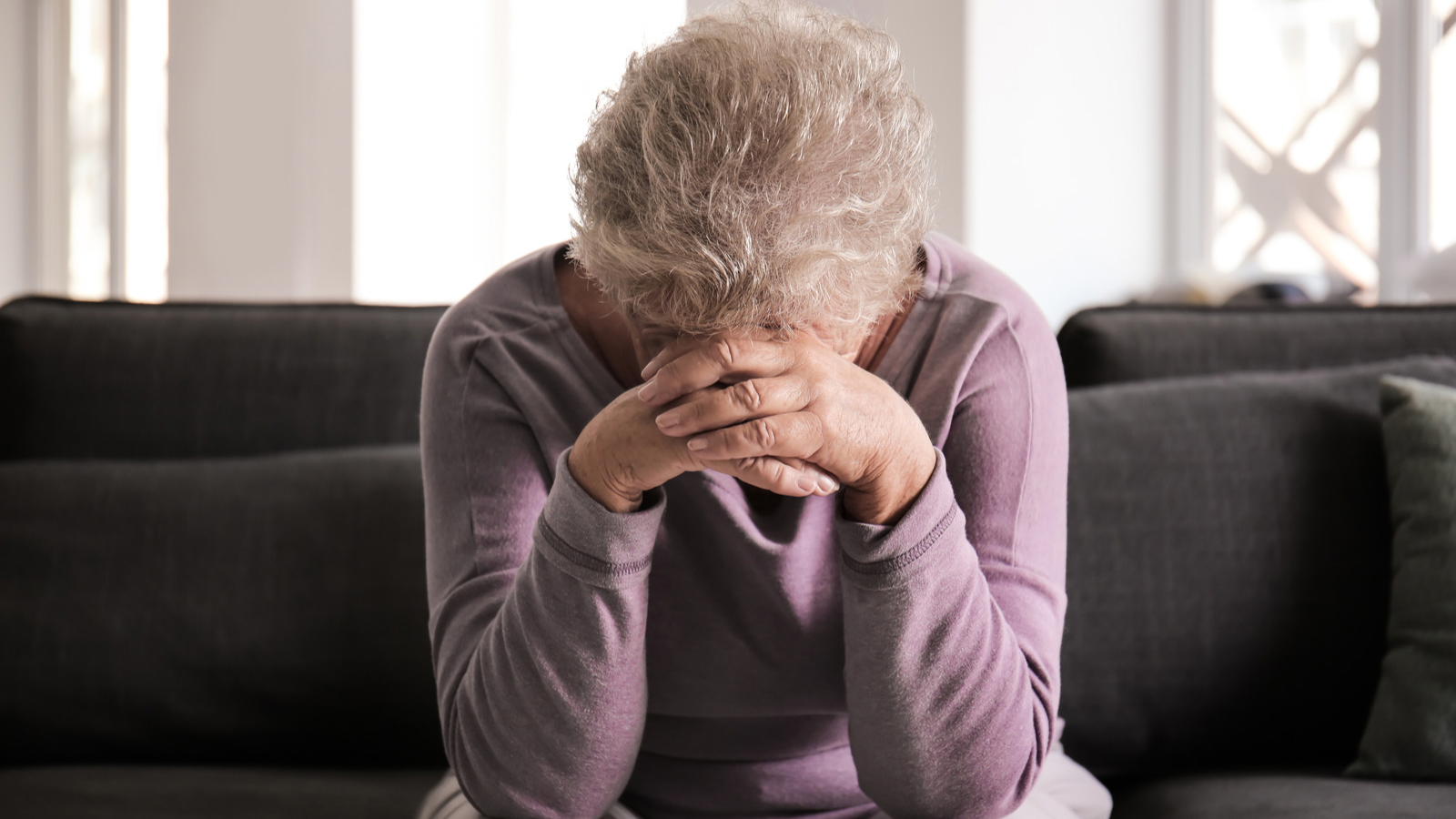Evidence-based research has consistently found that physical activity can improve emotional wellbeing and alleviate symptoms of depression and anxiety. However, depression or mood dysregulation can impair an individual’s ability to motivate themselves to engage in physical activity.
The good news is that you are not alone if this is something you have experienced. In a recent study, we interviewed 77 women ages 21-34, who are currently engaged in physical activity, including yoga, cardio-based exercise, and resistance training.
Here are six tips that we compiled from our focus group data when we asked our study participants how they have successfully motivated themselves to move during times when they felt the most down or depressed.
1. Set small attainable goals.
While establishing goals can be helpful for driving motivation, at times if the goals are too lofty, they may feel overwhelming or too intimidating. Many women in our study shared that starting small can be one of the best ways to motivate movement. Start with a 10-minute walk, or a 10-minute stretch, and see where that takes you!
2. Find an accountability buddy.
During emotionally challenging times motivating oneself to do anything can be hard and many cope by isolating. Another way to begin engaging in physical activity and to break out of the isolation bubble, can be to find an accountability buddy. Choose someone whose presence brings you joy and partner up to engage in movement. Our participants shared that during times when they couldn’t motivate themselves having another person to rely on made all the difference.
3. Find the setting that is right for you.
Our participants shared that various exercise settings, whether it be the gym, the yoga studio, or at home, could trigger varying types of emotions. For example, many women expressed that yoga offered a safe space, freed of judgment and filled with body positivity, whereas other settings, like the gym, made some individuals feel pressured to look and move in a specific way. When thinking about re-engaging in physical activity, find a movement setting that will lift you up.
4. Choose a form of movement that suits your emotional needs.
In our study, participants reported that various types of movement have differing impacts on emotional states. For example, yoga can soothe and relax whereas cardio-based exercise can be more energizing. On the other hand, resistance training can be empowering or grounding. Note what your specific emotional and physical needs are before selecting a type of movement. If you are feeling depressed maybe a short burst of yoga could provide a soothing internal sanctuary.
5. Connect to a community.
Surround yourself with other like-minded women that empower you to meet your goals. In this day and age, it is easy to become sucked into toxic exercise culture. Many of the women in our study expressed that engaging with a community of nonjudgmental women made a big difference for them in finding an exercise regimen that worked. This could come in the form of joining a running or walking club or trying out a new yoga or group fitness studio.
6. Create a sustainable routine.
It is easy to stay inside or in bed when feeling depressed. Many of our participants shared that creating a routine that was sustainable played a key role in motivating them to become active during emotionally challenging times. Once you find a type of movement that suits your emotional needs, consider integrating it into your daily or weekly schedule and stick with it! But be kind to yourself and know that healthy habits are dynamic and that if the routine you create stops working that it is ok to change it up.
Click here to read the original article.
Source: Anxiety and Depression Association of America
Author Biography:
Tamar graduated from Brandeis University in 2017 with a background in behavioral neuroscience research. After graduating, Tamar worked on several translational research studies examining the various underpinnings of Inflammatory Bowel Disease (IBD) at Boston Children’s Hospital. Here, Tamar helped develop a successful yoga and mindfulness program for IBD patients. She is excited to potentially improve patient quality of life through utilizing various non-traditional therapeutic approaches. Currently a Master of Social Work student at Boston University, she hopes to soon pursue a PhD in clinical psychology. Tamar plans to research the intersection of mental and physical health focusing on life-threatening illnesses.
The Anxiety and Depression Association of America (ADAA) works to prevent, treat, and cure anxiety disorders and depression.
ADAA is an international nonprofit organization dedicated to the prevention, treatment, and cure of anxiety, depression, OCD, PTSD, and co-occurring disorders through the alignment of science, treatment, and education.

